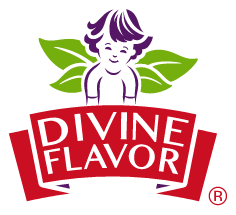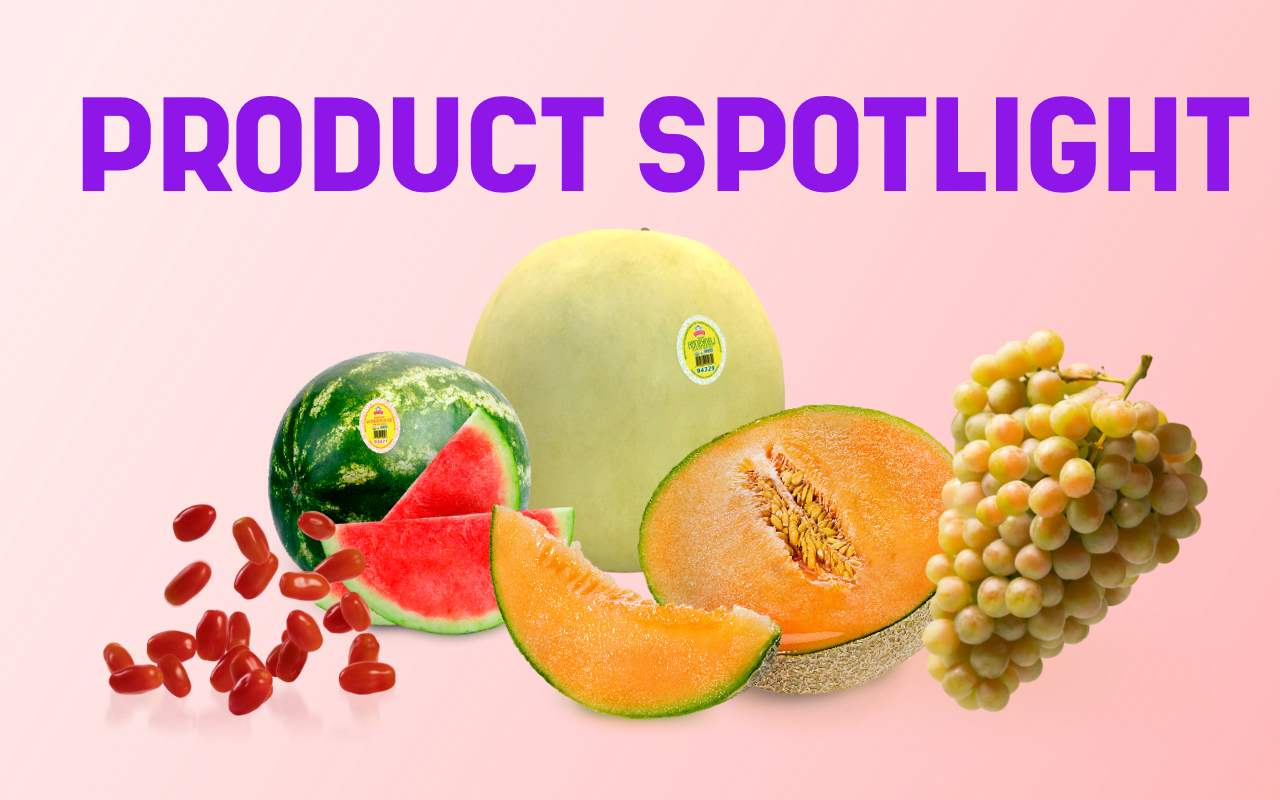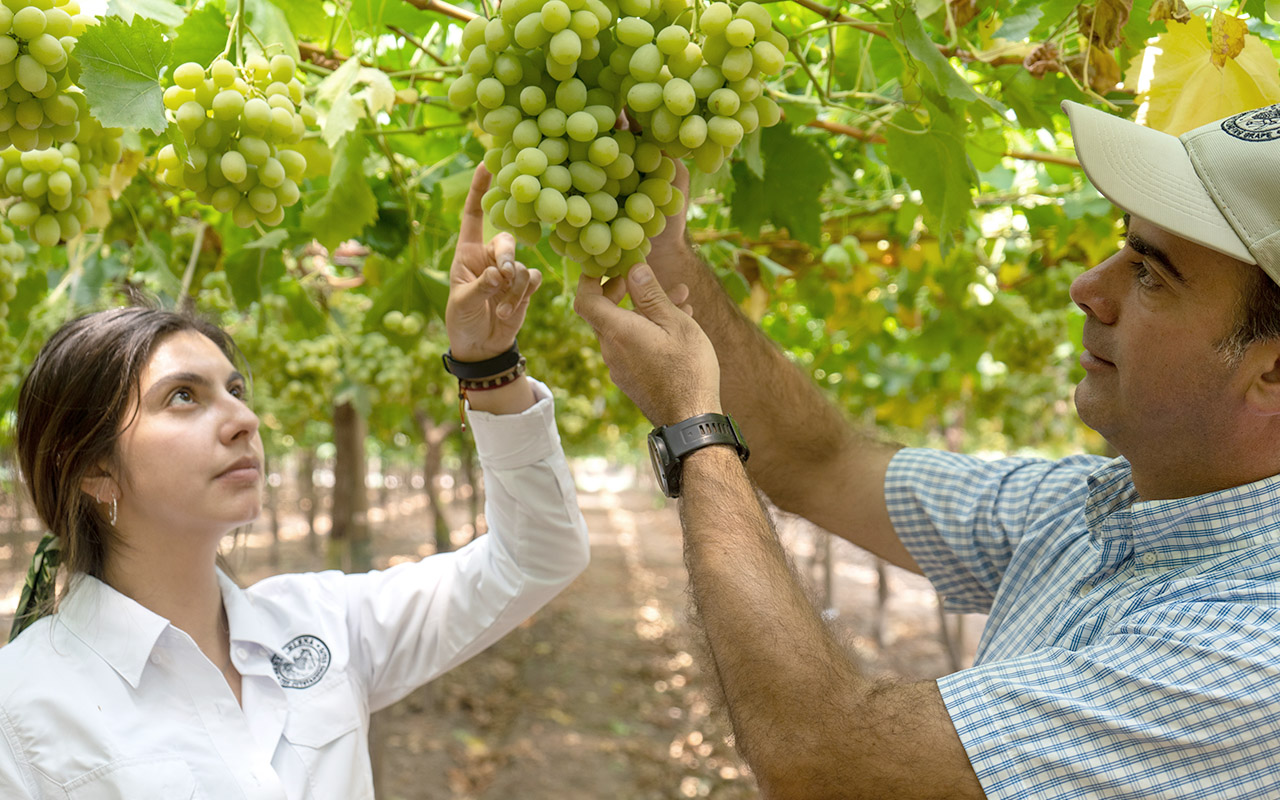FOOD SAFETY COMPLYING WITH THE FSMA & FSVP REQUIREMENTS

In the world of produce, food safety is a topic often talked about. For consumers, it is very important to know the food they purchase meets the highest standards to preventing foodborne illnesses. In recent years, the FDA’s Food Safety Modernization Act (FSMA) has been transforming the nation’s food safety system by shifting the focus from responding to foodborne illnesses to preventing it. On a yearly average, about 48 million people in the U.S. (1 in 6) get sick, 128,000 are hospitalized, and 3,000 die from foodborne diseases, according to data from the Centers for Disease Control and Prevention.
In recent years, the FDA has finalized seven major rules to implement FSMA, for produce, mostly revolving around the Foreign Supplier Verification Program (FSVP) and water testing profile, which recognizes the responsibility of the different parts of the supply chain. Especially with the point of origin.
THE FOOD SAFETY PLAN
Foreign suppliers who have covered facilities need to register with the FDA and are required to have and implement a written food safety plan, per section 415 of the Federal Food, Drug, and Cosmetic (FD&C) Act. Food Safety Plans must include the following:
Hazard analysis– The first step is the hazard identification which must include known or foreseeable biological, chemical, and physical hazards. If the hazard reveals one or more hazards (which in most cases it does), the facility must have and implement preventive controls for the hazards. For growers, they must have identified ALL hazards associated with the product for this facility.
Preventive Controls– Facilities must have written preventive controls that are designed to significantly minimize and reduce hazards associated with the product/items being produced.

AGRICULTURAL WATER TESTING
The Produce Safety Rule has established a science-based minimum standard for water quality. The final rule established two sets of criteria for microbiological water quality, both of which are based on the presence of generic E. coli. The first part of the mandated regulation does not allow for any detectable presence of generic E. coli in agricultural water which may come into contact with the product. This is and may include water for washing hands during and after harvest, water used on contact surfaces, and water used directly with the produce (washing or cleaning). If a detectable presence is found, the water must be immediately discontinued and corrective action must be given.
The second part is regarding a set of numerical criteria of the agricultural water. The criteria are based on two values, the geometric mean (GM) and the statistical threshold (STV). The GM of the samples is 126 or less CFU of generic E. coli per 100 ml of water.

TESTING
The final rule adopts the general approach to testing untreated water used for certain purposes proposed in the regulation, but generally, the following is required:
Testing untreated surface water– In this case, this is the most vulnerable to external influences/contamination. The FDA requires farms to do an initial survey, using a minimum of 20 samples, collected as close to the harvest season in the course of two to four years. After the initial survey has been conducted, a minimum of 5 samples per year is required to update the calculations of the GM and STV.
Untreated ground water– For untreated ground water that is directly applied to growing produce, the FDA requires farms to do an initial survey, using a minimum of four samples, close to the harvest season, within the year. After this, a minimum of one sample per year is required.


There is no requirement to test agricultural water that is received from public water systems or supplies that meet requirements established in the rule (provided that the farm has Public Water System results or certificates of compliance demonstrating that the water meets relevant requirements), or if the water is treated in compliance with the rule’s treatment requirements.
UNDERSTANDING THE FSVP AT A GLANCE
For growers, the responsibility of the Foreign Supplier Verification Program relies on their importer and FSVP importer. In some cases, the grower can be responsible for performing FSVP related activities for their own company, but this is only the case if they have a company in the United States who is legally the consignee of the product being imported. This would make them responsible for verifying their product meets the criteria of the FDA. For all Divine Flavor suppliers, the responsibility of performing the FSVP relies on the distributor, which in most cases, it is Divine Flavor. Based on Divine Flavor and the growers’ current set-up and business processes, these FSVP procedures were designed to be aligned with the policies already created to make for a simple transition to complying with the regulation.
The Distributor / FSVP Importer (Divine Flavor)
Divine Flavor is responsible for conducting the following:
- Create and follow the FSVP procedures which meet the criteria of the FDA/FSMA
- Conduct verification activities- For Divine Flavor and the grower, this is to conduct the AgroSupport audit- confirming all food safety hazards are identified and controlled.
- Confirm Corrective Actions are conducted thoroughly and within the timeframe stated in the FSVP policies.
- Check the FDA History to verify producers are within good standing with the FDA (Completed on a yearly basis)
- Verify growers have a HACCP/Risk Analysis, a Food Safety Plan, and Water Profile (All of these areas are reviewed by AgroSupport and Divine Flavor’s Qualified Individual)
- Perform an Evaluation for growers to be an authorized supplier to send product to the U.S. (In some cases, this is performed twice a year. For other producers who’s season is less than 4 weeks, this will be once a year).
The Grower / Foreign Supplier
The grower is responsible for the following:
- Performing and participating in the AgroSupport Audit
- Having a HACCP/Risk Analysis, Food Safety Plan, and Water Profile in place
- Conducting Corrective Actions after the AgroSupport audits and sending them within the timeframe requested.
- Complying with the yearly requirements when in season (Microbiological & Pesticide Analysis, Primus/Senasica audits, etc.)




To comply with the requirements of FSVP, both Divine Flavor (along with AgroSupport) and the grower must work together to complete all the processes. With all of these areas completed, this complies with the regulations.
For more information, please contact:
Michael DuPuis
Public Relations Coordinator
+1 (520)-281-8328
mdupuis@divineflavor.com









